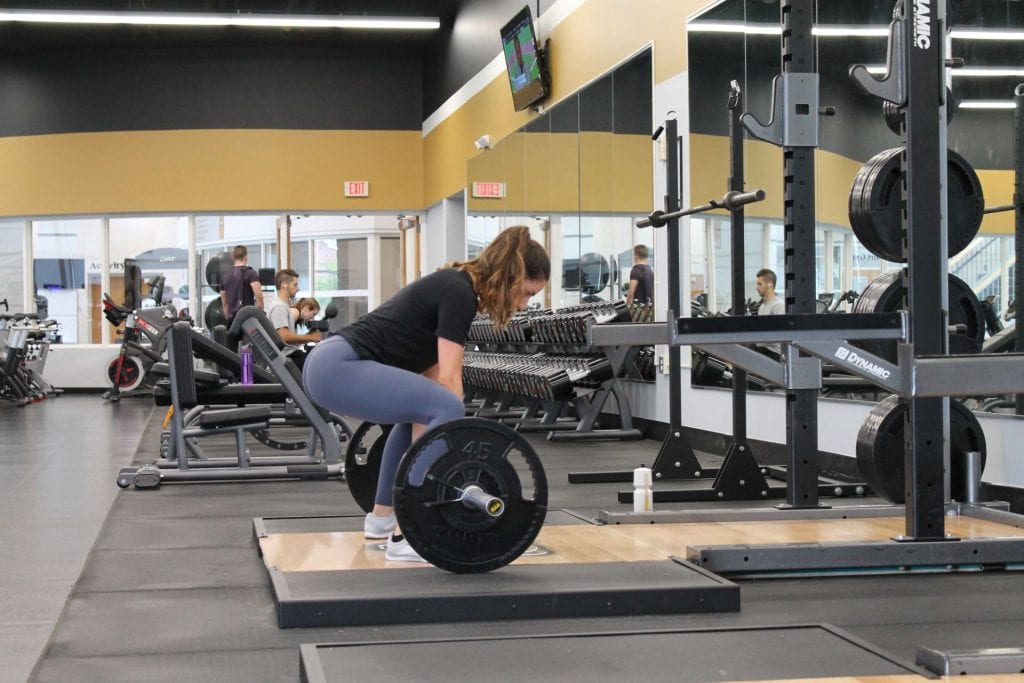I have to say, one of my favorite things about Dartmouth is the D-Plan system. I was never a huge fan of the long summer break that most schools have, and I would always end up getting really bored after the first month and a half. I much prefer Dartmouth's system of having four terms and then a three to five-week long break in between.
However, it can be difficult to make the most of these short, random breaks that are placed throughout the year. A lot of times, our friends from back home may not be free at the same time that our interim breaks fall. It may also be hard to find a part-time job back at home for such a short period of time. Below, I will be providing you with five different ways to maximize your interim break and to allow for productivity even when classes are not in session.
Step #1: Find an internship
There are plenty of internship opportunities that you can find online. Indeed.com is one of my favorite websites that I use to find them. From publishing to marketing internships, if you make the effort to search for them, you will find them. Some are paid and some can be completed for school credit, so look into them to find the one that would work for you if you were hired.
Dartmouth College’s Center for Professional Development (CPD) also has many resources that you can utilize in order to find your ideal internship. Dedicated to supporting undergraduate students and young alumni in their employment and internship prospects, they provide access to internships via a number of different websites located on their posting board.
They also have advisors that you can speak to by scheduling an appointment on Dartboard. There, you can get all of your questions answered- not just regarding internships, but also regarding resume/ cover letter writing and graduate school applications.
Step #2: Apply for an interim job on campus
If you know for sure that you want to stay on campus during the interim break, another option is to find a short term job on campus. The easiest way to do this is to go onto the Dartmouth Student Employment website, “Jobnet”. I’ve found that there are usually plenty of jobs available on the site, with some even containing opportunities to eventually become more permanent positions. "Jobnet" is also a great place to look for positions on campus during in-session terms as well.
Another option to look into is the off-campus job posting list also provided by the Student Employment Office. It is a job notification service for part-time work and odd jobs that are offered by local and private individuals or businesses. You can sign up for this emailed listserve here.
Keep in mind that most of these off-campus jobs are offered only on a one-time basis and that international students are not allowed to work for any employer outside of Dartmouth College. Therefore, if you are an international student, I would not recommend signing up for this particular listserve. Read more about the rules and stipulations of this off-campus job listserve here.
Step #3: Refocus on your mental and physical health
A break from classes is also a great time to get your overall health in order. Consider committing to go to the gym a certain number of times a week. Whether it’s two days a week for thirty minutes a day or five days a week for an hour a day, step out of your comfort zone and dedicate your time to improving yourself physically. Check out the times for the Dartmouth Alumni Gym here.
Our emotional and mental well being are also very important, and it can be easy to overlook them. The interim is the perfect time to do things for our internal health as well. One possibility you can look into is a meditation class or yoga. Dr. Natalie Nevins, a board-certified osteopathic family physician, claims that, “the relaxation techniques incorporated in yoga can lessen chronic pain, such as lower back pain, arthritis, headaches and carpal tunnel syndrome.” She then explains that, “yoga can also lower blood pressure and reduce insomnia.”
Meditation has many of these same positive benefits. Matthew Thorpe, MD, PhD explained in his essay that meditation can help to reduce stress, control anxiety, promote emotional health, enhance self-awareness, and lengthen one’s attention span. Meditation is a great way to redirect yourself and focus on the importance of the relationship between the mind and the body.
The Dartmouth College Student Wellness Center’s website has a whole section dedicated to Relaxation Downloads. Here, you can find deep breathing exercises, guided imagery and soothing music that you can use to set your mind and body at ease.
Step #4: Plan out your goals
Goal setting is very important, and there are many ways to go about planning them out. As a college student, this is the perfect time to sit down and start thinking about what you want your short term and long term goals to be. You can set goals for what you want to achieve during the interim break, what you want to achieve during the year, or even what you want to achieve five years down the line. It’s up to you to decide how long term you want to look and what type of goals you want to set.
There are plenty of goal-setting worksheets online including ones that center on the types of goals and why they are important and ones that center on hitting your goals over the course of an entire year. If neither of the above worksheets work for you, a simple google image search should help you find your right one.
Step #5: Catch up on some reading
Lastly, it’s always nice to catch up on an activity that you let fall to the wayside. For me, that's independent reading. I found that once I started college, I became so busy that I started reading for fun a lot less often than I did in high school. The interim is a great time to check out a good book that has nothing to do with your classes. Let reading run your imagination wild for the break.
Also, feel free to check out our E-Guide to Academic Success. In it, you'll find tips and tricks to make the most of your time as a student at Dartmouth. Feel free to check it out during your next interim break!
References:
- Natalie Nevins, DO, American Osteopathic Association
- Matthew Thorpe, MD, Ph.D., 12 Science-Based Benefits of Meditation
- Katie Holmes, 38+ People Comment on The Benefits Meditation Has Brought Them




